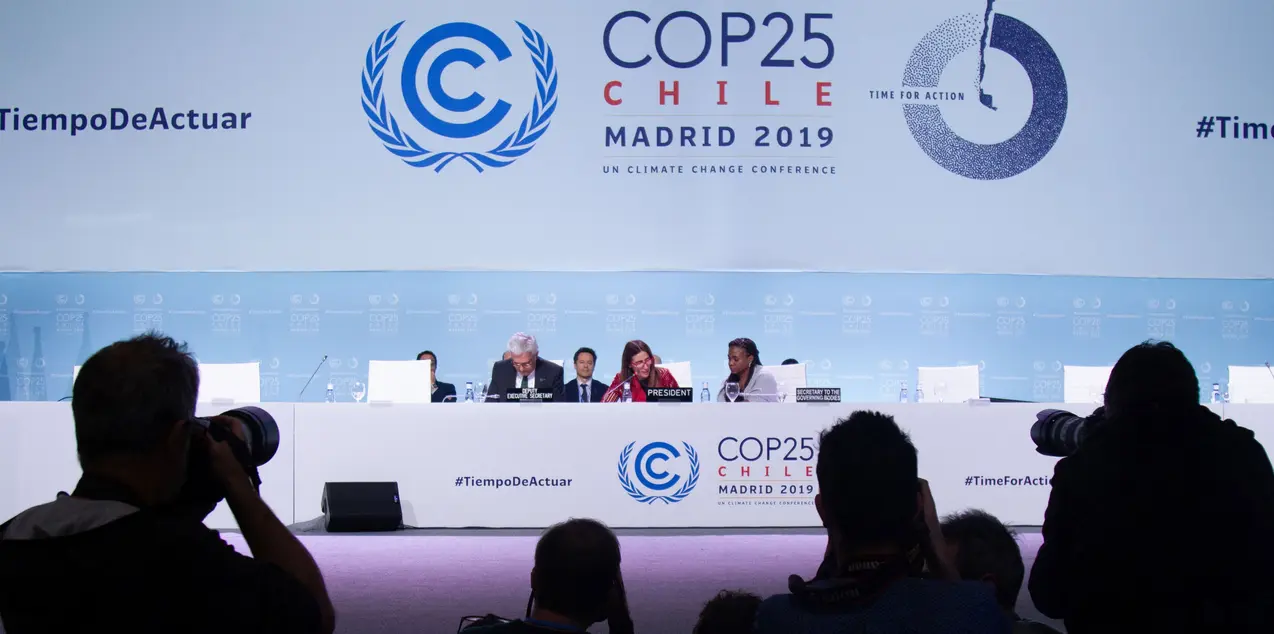 UNFCCC Flickr
UNFCCC Flickr
Collective Agency of Horizontal Regulatory Organizations in Global Environmental and Financial Market Governance

Project Description
The project will elaborate theoretically and investigate empirically whether and how horizontal regulatory organizations in two important areas of global politics – environmental protection and financial market regulation – gain collective agency along the dimensions of decision-making authority and autonomy. We will theorize mechanisms of autonomy-generation and of authority acquisition and subject them to an empirical test in a mixed-methods design. The project is part of a research group on Non-hierarchical Collective Agency
The two policy fields host numerous specialized international or transnational governance institutions, that are authorized to produce and administer rules – and thus govern areas of international relations. However, in contrast to full-fledged international organizations, these institutions typically lack powerful bureaucracies and are dominated by their (state and non-state) members. Important examples include the UN Framework Convention on Climate Change (UNFCCC) and its Kyoto Protocol and Paris Agreement, the Montreal Protocol on Substances that Deplete the Ozone Layer, the Basel Committee of Banking Supervision (BCBS), and the International Accounting Standards Board (IASB). It is highly important for understanding contemporary international politics whether such institutions merely provide forums for interaction of their members, or whether they constitute organizations that may gain the ability to act in their own right and may become subject to processes of autonomization, thus gradually evading control by their members, as is widely expected for organizations.
Theoretically, horizontal international and transnational institutions raise intricate issues of collective agency, which are so far largely ignored in political science and international relations. The project seeks to elucidate how collective agency can arise from interaction among the members of an organization. In line with the recent debate on international political authority and drawing on James Coleman’s resource-based theory of corporate action, we argue that horizontal transnational and international regulatory institutions are organizations that, like any other organization, can become actors in their own right and acquire autonomy (a specific organizational rationale), despite close control by their members. To understand how this occurs, we will develop theoretical mechanisms showing how, and under which conditions, even strategically acting members of horizontal organizations can be expected to be enmeshed in institutional processes that generate organizational autonomy or decision-making authority.
Empiricially, the project investigates the forms of agency developed by transnational and international regulatory institutions in the two policy fields of environmental protection and financial market regulation, and what this means for global policy making. On the one hand, we examine patterns of resource endowment and autonomy and their development over time for a set of 40 horizontal organizations from the two policy fields, based on a novel database of institutional characteristics. On the other hand, we will examine in selected case studies whether and how previously developed theoretical mechanisms translate into actual organizational autonomy.
Project Team
Project Management: Prof. Dr. Thomas Gehring, Prof. Dr. Thomas Rixen
Researchers: Michael Giesen, Simon Linder
Financing: Deutsche Forschungsgemeinschaft (DFG)
Term: 36 months (December 2020 – November 2023)
Status: In progress
Project Results
Publications